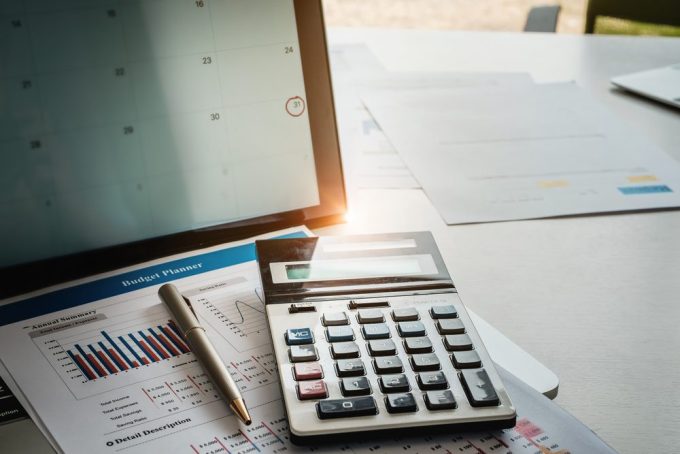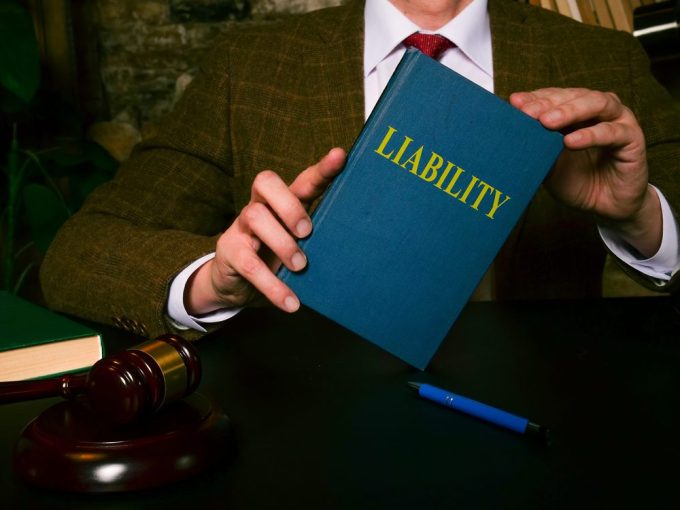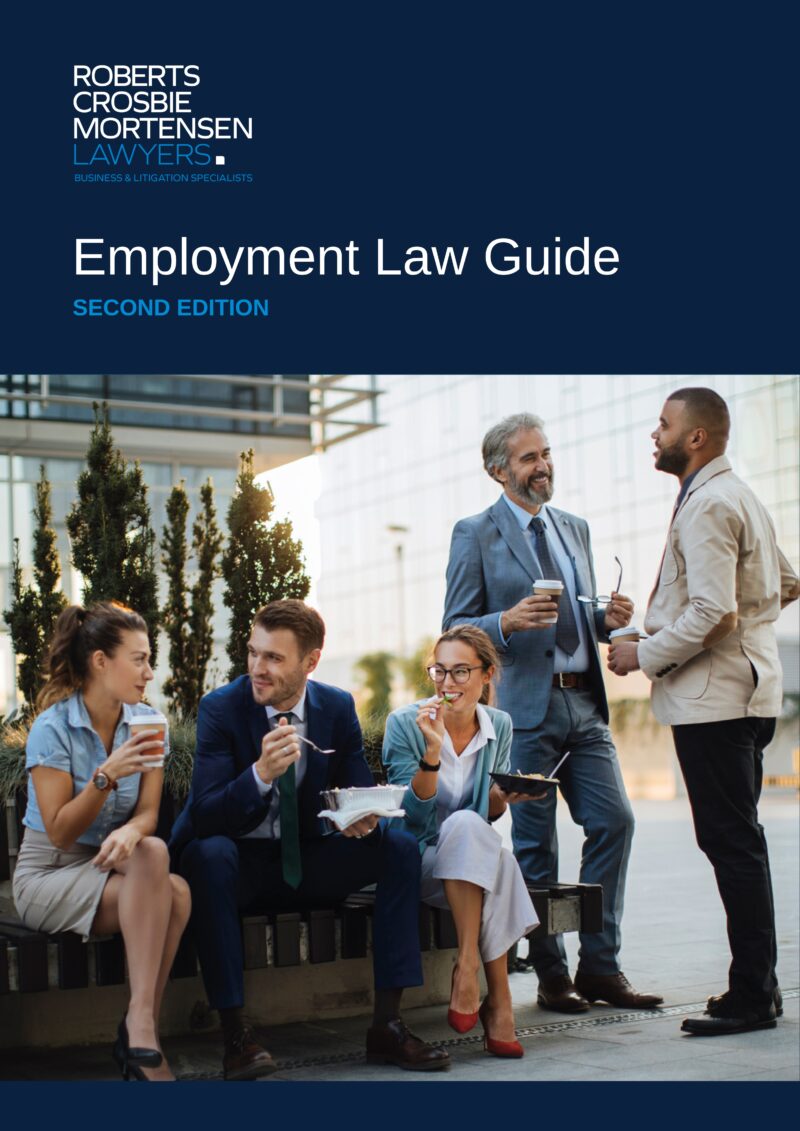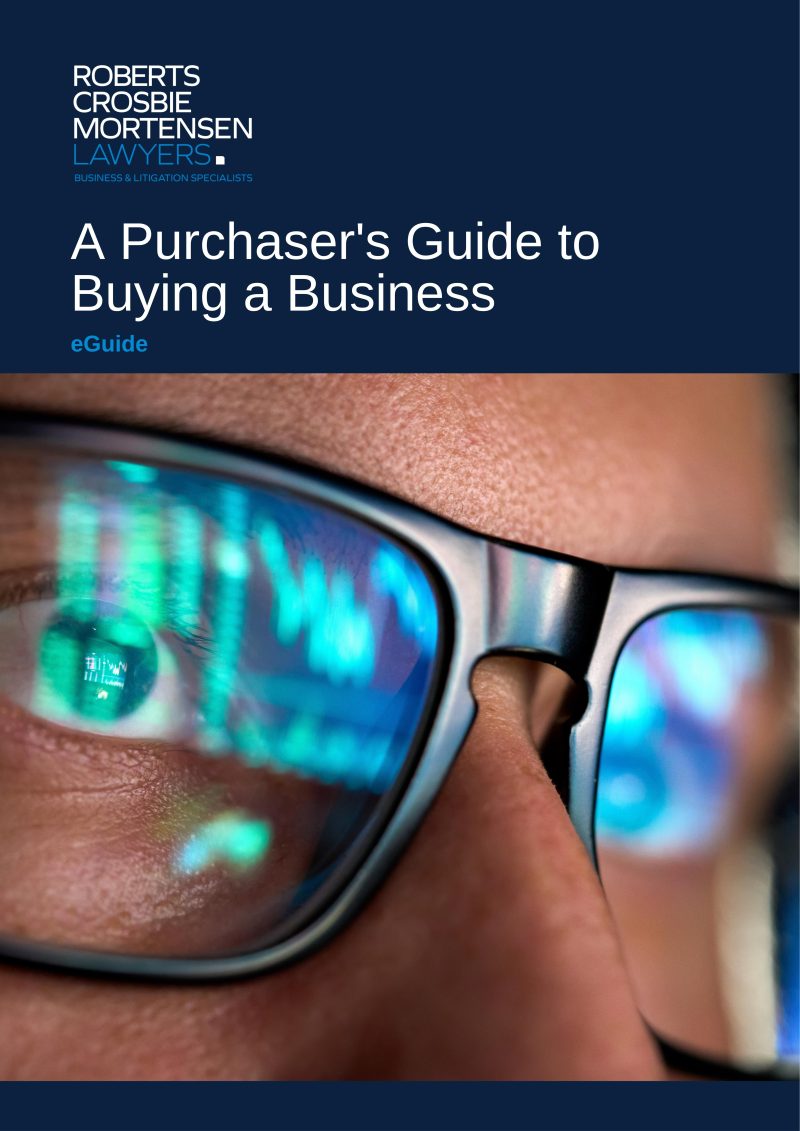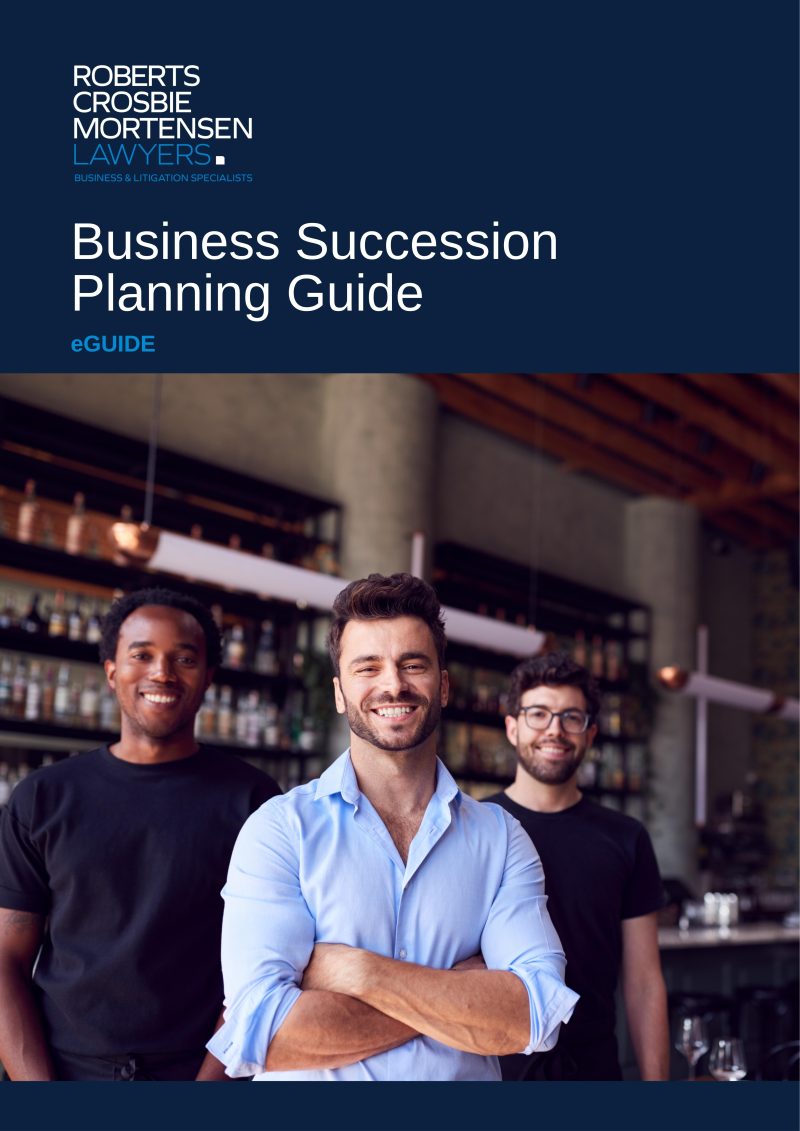Get timely expert advice about insolvency administrations, investigations, claims and recoveries.
Insolvency Related Claims
Our expert team includes 3 Accredited Specialists in Commercial Litigation, making us one of the most recognised Commercial Litigation teams in
New South Wales.

Our expert Insolvency Lawyers have extensive experience advising and representing Insolvency Practitioners, former Company Directors and Creditors to pursue and resist insolvency related claims and investigations.
Insolvency Related Claims & Recoveries
Our Commercial Litigation & Insolvency Lawyers can assist with:
-
Advising Insolvency Practitioners on all aspects of formal and informal appointments
-
Insolvent Trading claims
-
Voidable Transactions
-
Unfair Preference claims
-
Uncommercial Transactions including under market value dealings
-
Unreasonable Director-Related Transactions claims
-
Transfers to Defeat Creditors
-
Unfair Loans
-
Recoveries of debts, loans (including shareholder and director loans) and other monies
-
Enforcement of securities
-
Orders for the appointment of a Trustee for Sale of co-owned property
-
Assignment of choses in action
-
Transactions including sales of business and real property
Assistance for Liquidators
We understand that quick turn around on claims and the ability to make quality decisions are essential for Insolvency Practitioners to fulfill their statutory duties and commercially administer companies and bankrupt estates.
We also understand that funds are not always available for recovery actions and that often there is no prospect of paying a dividend to creditors unless a recovery can be achieved by a Lawyer acting on a contingent fee basis.
We regularly enter into Conditional Costs Agreements with Insolvency Practitioners and assist in these circumstances.
Company Directors (including Shadow Directors) and Holding Companies have a duty to prevent their company trading insolvently.
By failing to prevent the company from incurring a debt whilst insolvent the Director (or Shadow Director) will breach their duty and be potentially liable to pay compensation for loss or damage arising from the breach. This is usually equal to the amount of the debt(s) incurred when the company was insolvent.
Subject to any available Defence, a Director or Holding Company will be liable for debts incurred by a company if:
- the company was insolvent at the time the debt was incurred, or became insolvent by incurring the debt, or by incurring debts at the time including the debt,
- at the time, there were reasonable grounds for suspecting that the company was insolvent, or would become insolvent, and
- the director was aware at the time that there were grounds for suspecting insolvency; or a reasonable person in a like position in the company’s circumstances would have been so aware.
Company Directors will have a defence against a claim for insolvent trading if:
- the director had reasonable grounds to expect, and did expect, that the company was solvent at the time and would remain insolvent,
- at the key time, the director relied on information from a competent and reliable person who was responsible for providing information as to the company’s insolvency,
- the director was ill or for some other good reason was not involved in the management of the company,
- the director took reasonable steps to prevent the incurring of the debt, or
- the conditions for Safe Harbour were satisfied and the debt was incurred in connection with a restructuring plan or other course of action that was reasonably likely to lead to a better outcome for the company than the immediate appointment of an Administrator or Liquidator.
Courts may, on the application of a company’s Liquidator, make a range of orders including orders for the payment of money, or transfer of property, to the company if satisfied that a transaction of the company was a Voidable Transaction.
Voidable Transactions include:
- Uncommercial Transaction of the company,
- An Unfair Preference given by the company,
- Unreasonable Director-Related Transactions of the company,
- Unfair Loans to the company, and
- Creditor-Defeating Dispositions of property of the company.
Whether or not transaction will be a Voidable Transaction depends on when the transaction occurred and whether the transaction involved a related party of the company.
For example, an Unreasonable Director-Related Transaction occurring during the 4 years ending on the applicable relation-back day will be voidable.
A creditor who receive payment (or other benefits) from a company, in relation to an unsecured debt, that later goes into liquidation may be required to repay the amount to the Liquidator of the company if the payment gives rise to an Unfair Preference.
Subject to any available Defence, there will generally be an Unfair Preference if:
- a creditor is a party to a transaction with the company,
- the transaction was entered into at a time when the company was insolvent, or the company became insolvent because of the transaction, and
- the transaction results in the creditor receiving a payment (or other benefit) in respect of an unsecured debt, that is greater in amount (or value) than the creditor would have otherwise received if the payment (or benefit) had not been received and the creditor was instead required to prove the debt in the winding up of the company and await a dividend along with other unsecured creditors.
Where there is a Running Account between a company and a creditor, the amount of any Unfair Preference is instead calculated by reference to all of the transactions forming part of the relationship as if those transactions together constituted a single transaction.
There will be a Running Account between a company and a creditor if:
- there is a continuing business relationship (for example, a running account) between the company and the creditor,
- in the course of that relationship, the level of the company’s net indebtedness to the creditor increased and reduced from time to time as a result of a series of transactions (usually ongoing payments and supplies of goods or services on credit) forming part of the relationship, and
- the transaction that would otherwise have given rise to an Unfair Preference was for commercial purposes and an integral part of the continuing business relationship.
A transaction by a company will be an Uncommercial Transaction if it may be expected that a reasonable person in the company’s circumstances would not have entered into the transaction having regard to:
- the benefits to the company of entering into the transaction,
- the detriment to the company of entering into the transaction,
- the respective benefits to other parties to the transaction, and
- any other relevant matters.
Uncommercial transactions commonly involve disposals of company assets under market value, for example, the sale of a company motor vehicle to an employee significantly under market value prior to the appointment of a liquidator.
In most cases, an Unfair Preference or Uncommercial Transaction will only be a Voidable Transaction if:
- the transaction was entered into at a time when the company was insolvent, or the company became insolvent because of the transaction, and
- the transaction occurred during the 6 months ending on the applicable relation back day or after that day but on or before the day when the winding up began.
Creditors and unrelated third parties facing claims by Liquidators on the basis that they received an Unfair Preference or benefited from an Uncommercial Transaction may also defend such claims if:
- they became a party to the transaction in good faith,
- at the time they became a party to the transaction they had had no reasonable grounds for suspecting that the company was insolvent or would become insolvent; and a reasonable person in their circumstances would have had no such grounds for so suspecting, and
- they provided valuable consideration under the transaction or change their position in reliance on the transaction.
A transaction of a company is an Unreasonable Director-Related Transaction if:
- the transaction involves a payment by the company transfer conveyance or other disposition of property by the company, the issue of shares or other securities or the incurring by the company and obligation to make a payment, disposition or issue,
- the payment, dispositional issue is as be made to a director, close associate of the company or another person on such persons behalf or benefit, and
- it could be expected that a reasonable person in the company’s circumstances would not have entered into the transaction.
Disposition of property of a company is a Creditor-Defeating Disposition if:
- the amount paid to the company for the disposition was less than the agreed price and the market value (or the best price that was reasonably obtainable for the property), and
- the disposition had the effect of; preventing the property from being available for the benefit of creditors in the winding up the company; or hindering, or significantly delaying, the process of making the property available for the benefit of creditors in the winding up.
Our Insolvency Litigation Lawyers
Related Articles
Frequently Asked Questions
Generally, a company is considered insolvent if it is unable to pay its debts as and when they fall due. In accounting terms, the test for insolvency is based on the company’s cash flow, but the Balance Sheet test should not be overlooked.
Courts determine insolvency by considering a company’s financial position as whole. This requires an examination of the commercial reality of what resources the company has available to meet its debts, and whether, and if so when, those resources can be realised either by sale or as security for a loan.
At law the issue of insolvency can be complex and this can be significant when considering Directors’ personal liability for insolvent trading or other insolvent transaction.
Where a Director has breached their duty to prevent the insolvent trading by the company and incurred an unsecured debt, an amount equal to the loss or damage suffered as a result of the breach may be recovered from the Director as a debt due to the company, by an action brought by:
- Liquidator of the company,
- the creditor to whom the debt is owed, with the written consent of the Liquidator, or
- the creditor to whom the debt is owed, if the creditor has given prior notice to the Liquidator of their intention to sue and the Court has given leave for the proceedings to be brought.
Insolvency lawyers are specialists in the areas of liquidation, administration, receivership and bankruptcy.
Our specialist team regularly acts for liquidators, administrators and trustees in bankruptcy.
Corporate insolvency and personal bankruptcy is a highly specialised area. If you are facing bankruptcy or insolvency it pays to have a lawyer that is experienced in these areas.
In a corporate insolvency or personal bankruptcy a liquidator or trustee in bankruptcy is appointed to realise the relevant assets and pay the company or individuals debts.
Often there are transactions between the insolvent company or bankrupt individual that the liquidator or trustee will investigate as being uncommercial or unreasonable. If that occurs, then Court proceedings may be commenced to recover the value of the transaction.






